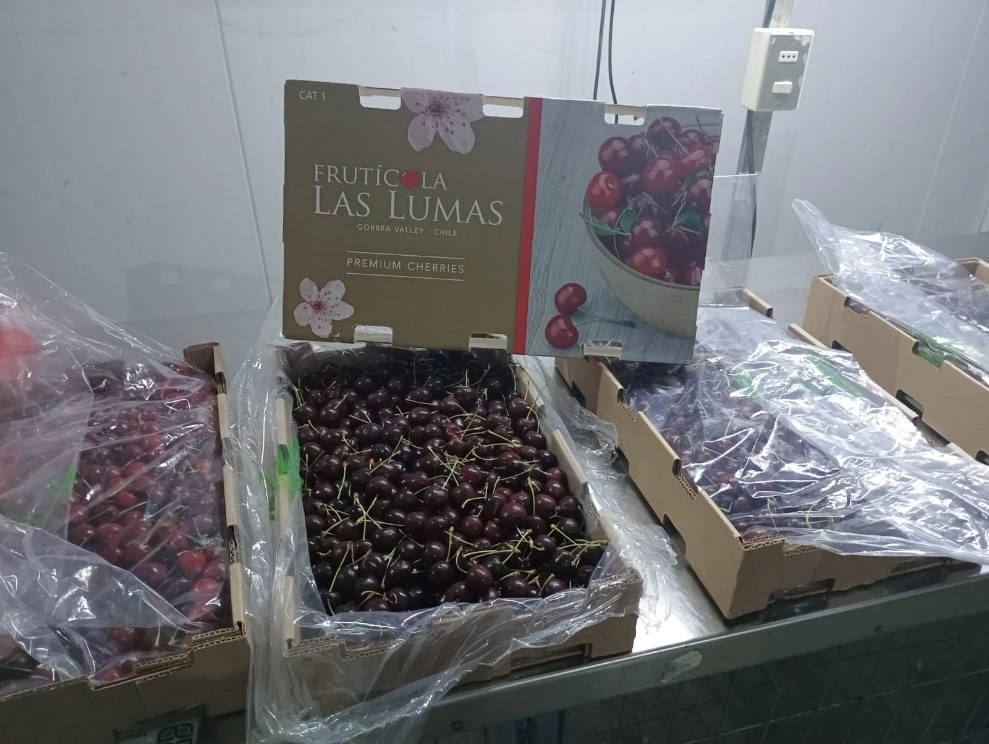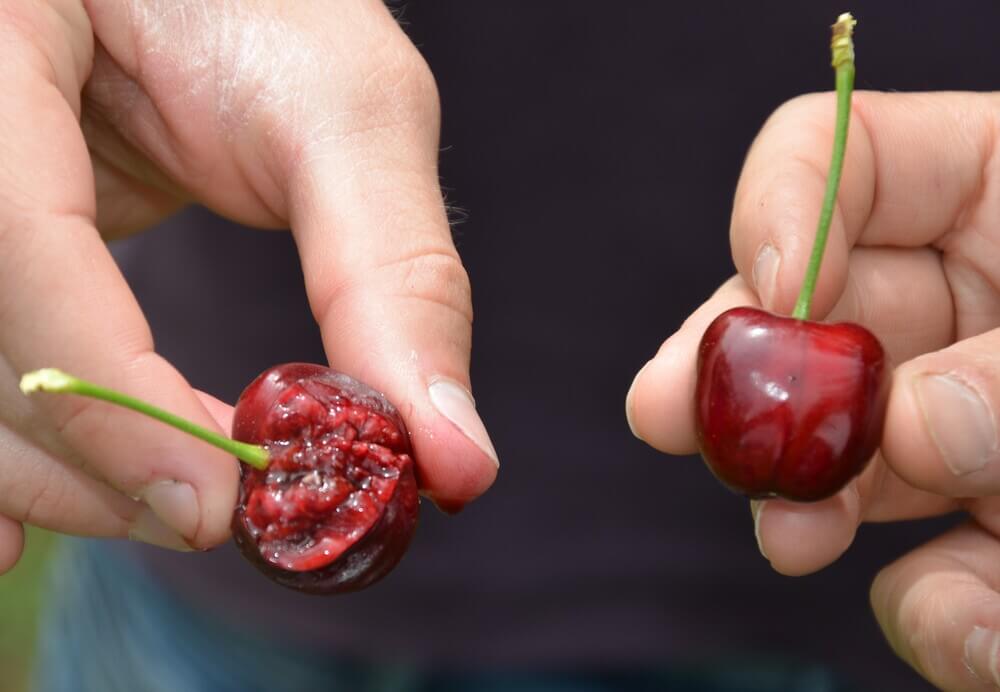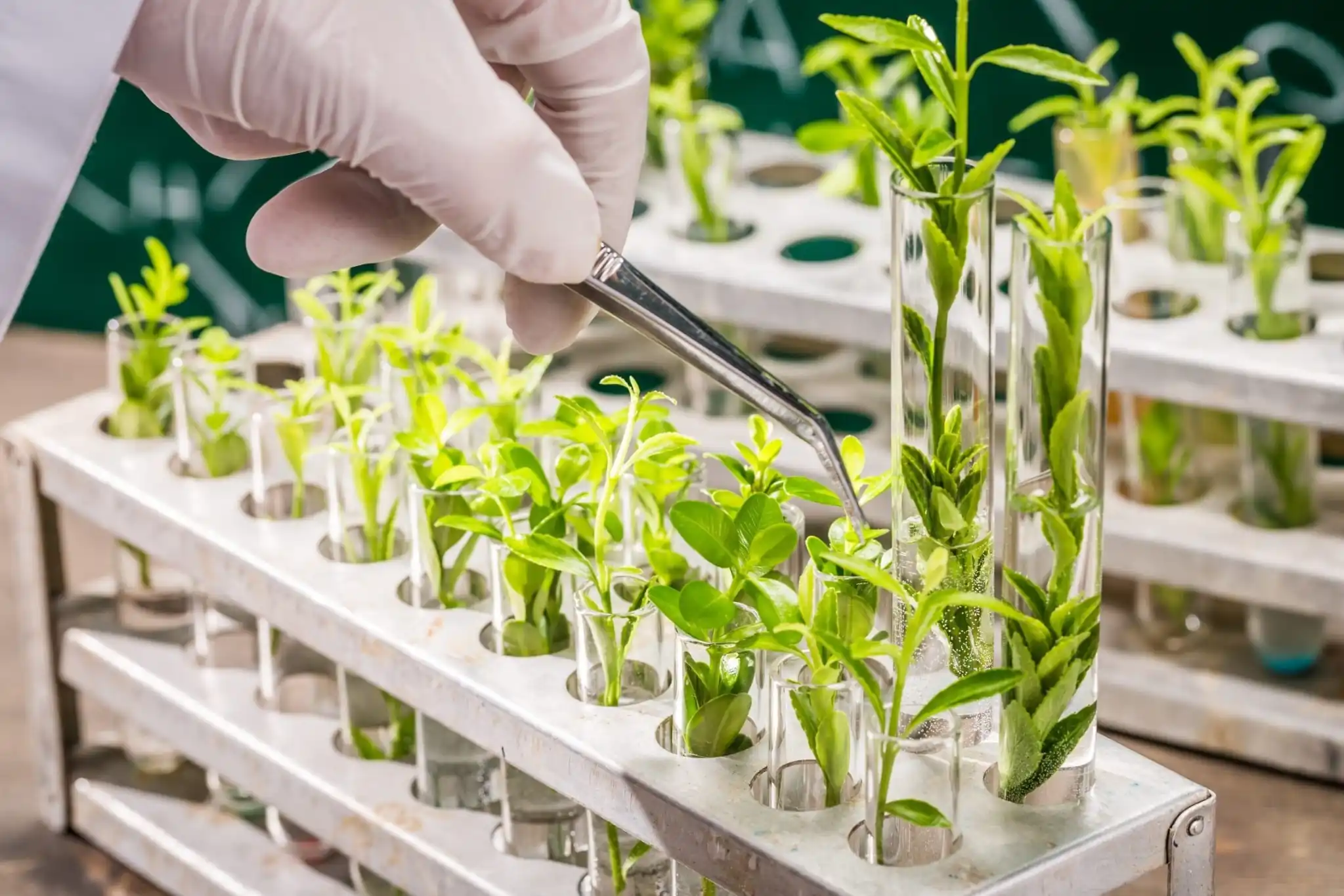In recent years, there has been an increase in the area cultivated with cherry trees in Chile, which has boosted export volumes and the value of cherries, making the country one of the largest producers and exporters of fresh and processed cherries in the Southern Hemisphere. However, one of the main limitations of the crop is phytosanitary issues.
The main issues are bacterial canker and the presence of wood-associated fungi, which are becoming more evident, especially in the southern part of the country, and are very difficult to resolve. This affects the development of the crop, not to mention other factors such as the costs of production factors and the difficulties in handling, harvesting, and exporting the fruits from these latitudes.
With the aim of contributing, particularly to the Araucanía region and the central-southern part of the country, the scientific and technological company MaCrops-Lab was founded by the Universidad de La Frontera, along with its three active partners, Maribel Parada, Ignacio Jofré, and Mauricio Reyes, and regional consultant Cristian Rabanal. It seeks to develop and test on-site microbial bio-inputs that minimize environmental impact, reduce the use of chemical pesticides with sustainable alternatives, and decrease soil and water pollution.
Additionally, it aims to strengthen the local economy by providing training on the use and application of bio-inputs and orchard management, boosting sustainable agriculture with technical and agricultural training, which will increase job opportunities and entrepreneurship in the agricultural sector. Socially and regionally, it seeks to contribute to a more sustainable production of orchards, which are growing in the region without sufficient technical support.
 Image 1: Fruits treated with MaCrops-Lab organic products exported to China 2023.
Image 1: Fruits treated with MaCrops-Lab organic products exported to China 2023.
MaCrops-Lab has conducted evaluations of its products in commercial orchards in the municipality of Gorbea, with positive results such as increased nutrient solubilization and root mass development, frost protection, better stress tolerance, and improved health.
During the 2022 harvest, fruit quality analysis showed a concentration of 20.9° Brix compared to 17.1° Brix in the control group. Furthermore, 55% of the fruits showed a dark red color and 46% of the fruits reached exportable sizes. In terms of production, an increase from 8,832 kg/ha in the 2021 season to 11,872 kg/ha in 2022 was observed for the Lapins variety.
The future of cherry cultivation in Chile, especially in emerging regions such as La Araucanía, is promising. With the increase in cultivated areas and the adoption of innovative solutions such as the microbial bio-inputs developed by MaCrops-Lab, the Chilean agricultural sector is moving toward more efficient, sustainable, and competitive production.
With superior quality fruits and more environmentally friendly practices, the country is well-positioned to consolidate its position as a global leader in cherry exports, benefiting both producers and the environment in which this key industry develops.
Source: Mundoagro
Images: SL Fruit service; Mundoagro
Cherry Times - All rights reserved











